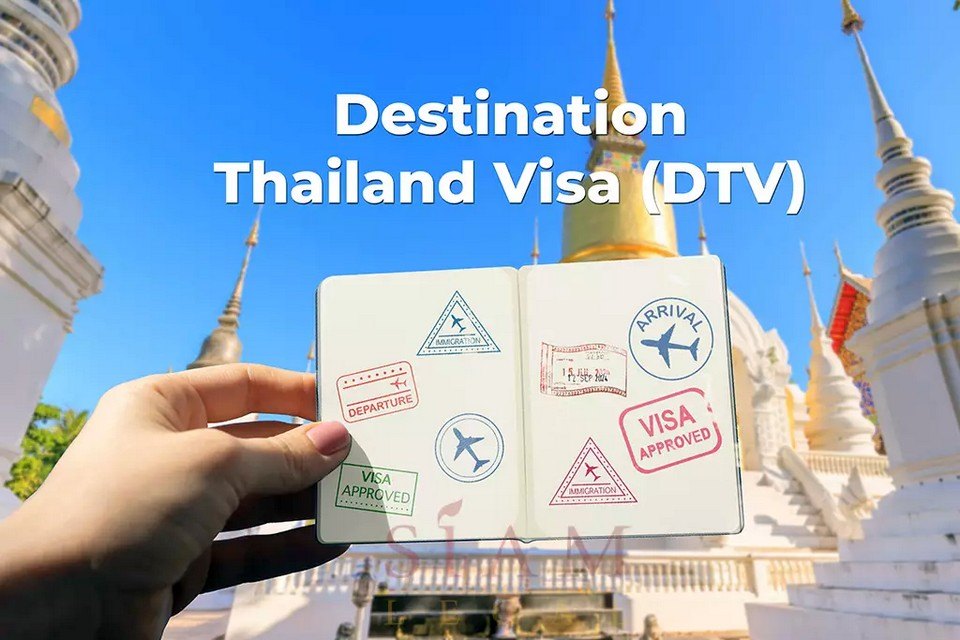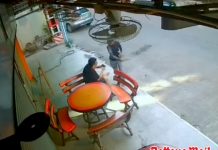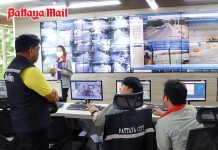
Multiple comments on the hugely popular Facebook group Destination Thailand Visa (DTV) are contrasting the application bureaucracy experienced by digital nomads and soft power or “activity”. Feedback from hundreds of members suggests that remote workers often face more difficulty than those wishing to enrol on cookery or Thai boxing courses.
“Each embassy has wide discretion,” says digital nomad Dutchman Douay Sted, “so you are soon into tax returns, certificates of incorporation, monthly bank statements duly authorized, payment histories and detailed portfolio evidence.” He added that there could be complications according to whether you are working for an overseas company or are a freelancer on workacation.
By comparison, the documentation for soft power tends to be much simpler. Most applicants do require evidence that their school or academy is registered with the Thai government and some embassies ask for banking history as well as 500,000 baht (US$14,000) currently in a Thai account. “In my opinion and that of so many others,” says Douay, “being an adult learner or medical tourist is the easier route as long as your proposed activity lasts for months and not weeks.”
The DTV Facebook group also advises that more and more activities are being allowed in soft power visa processing. There have been successful applicants studying Buddhism and even enrolling for a crypto currency familiarization course. The latest innovation involves a 5-years leisurely, mainly online induction into Thai food, farming and natural medicine provided you pay the Thai host company upfront 20,000 baht (around US$570).
The issue is that adult learning courses are an invitation to study, but there is no mechanism in place to require attendance or study. Some commentators, such as Benjamin Hart of Integrity Legal, believe that abuses could well cause DTV visa restrictions in future. He particularly advises potential applicants, on legal grounds, to avoid those agencies “guaranteeing” the 500,000 baht bond without actually crediting the cash into the individual’s bank account, assuming he or she has one..
But others say that the wild success of the scheme and the enthusiastic support of the Thai prime minister mean that DTV’s security is underpinned. Abuses here and there are hardly limited to one option. The basic government aim to raise revenue quickly by encouraging potential longstay foreigners on a laissez-faire basis is the fundamental point. The Ministry of Foreign Affairs champions the DTV whilst the Interior Ministry has remained silent to date. That can be read both ways.
It does appear that many DTV holders are new to Thailand, as instanced by the number of Facebook group members trying to decipher the rules about address reporting on TM47 and TM30 or scratching their heads about Thai income tax. Existing DTV holders have paid for a multiple entry tourist holiday visa for five years with 180 days given on each arrival by air, land or sea. The more controversial subject of a further 180 days extension at local immigration offices before leaving Thailand is still under wraps for now. Never expect the Orient to be in a hurry.










